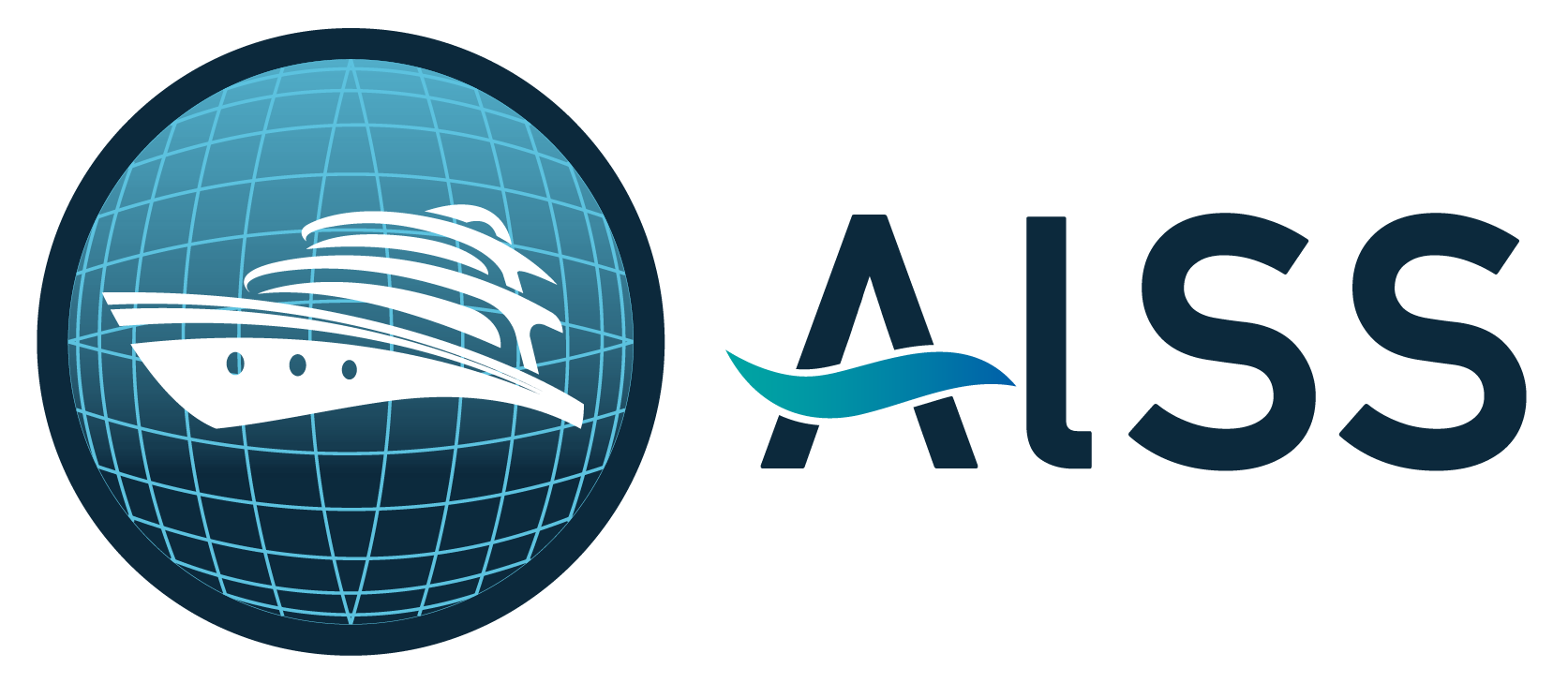 The International Maritime Organisation (IMO) has urged liners navigating through the Somali coast to continue with counter piracy measures despite a reduction of incidents.
The International Maritime Organisation (IMO) has urged liners navigating through the Somali coast to continue with counter piracy measures despite a reduction of incidents.
Secretary-general Kitack Lim called on merchant shipping stakeholders to remain vigilant and take on protective measures against possible attacks in the Gulf of Aden and the western Indian Ocean area.
An international military alliance, including the EU Naval Force currently operates off the coast of Somalia to counter the crime. The force has extended their Operation Atlanta counter-piracy mandate to the end of 2018.
The IMO recommends that activities of pirates and armed robbers be neutralised based on the intelligence gathered.
“Governments should avoid engaging in negotiations with these criminals and seek to bring perpetrators of piracy and armed robbery against ships to justice. Negotiating with criminals in a case regarding hijacking of a ship may encourage potential perpetrators to seek economic revenue through piracy” says the IMO.
According to the Oceans Beyond Piracy (OBP) report on Indian Ocean activity for last year there is a great risk of piracy resurging in some form if the naval presence dissipates.
Already the presence of coalition and independent deployers engaged in counter-piracy activities has decreased by 15 per cent in 2015.
This was attributed partly to the fact that the last major hijacking by Somali pirates of MT Smyrni, took place more than four years ago.
Last December, the International Chamber of Shipping conducted a risk assessment on the extent of the crime in the area and recommended a downgrade from the High Risk Area status, following decreased incidents of piracy.
The OBP estimates the total 2015 costs related to Somali piracy in the western Indian Ocean to be $1.4 billion (Sh140 billion) while the international community spent about $1.3 billion (Sh130 billion) on counter measures primarily through naval deployments, embarked guards, vessel hardening, increased speed and rerouting, and prosecutions and imprisonment.
The estimated total cost of counter-piracy naval operations was around $323 million, a 56 per cent drop in naval costs from 2014.
“The dramatic cost decrease is due to a reduction in the number of assets deployed, a decrease in the number of days on station, a shift in the type of assets utilised, and a roughly 50 per cent drop in fuel costs for both aviation and surface assets,” the report said.
While no major ships were held hostage, the OBP identified nine suspected piracy incidents of vessels that present evidence of pirate activity even though on a smaller scale.
“Throughout 2015, OBP recorded five dhow hijackings, a failed attack on the fishing vessel Mook Andaman 028, nine incidents suspected of being piracy-related, one armed robbery, and a number of reported suspicious incidents,” the report said.
Source: Business Daily
